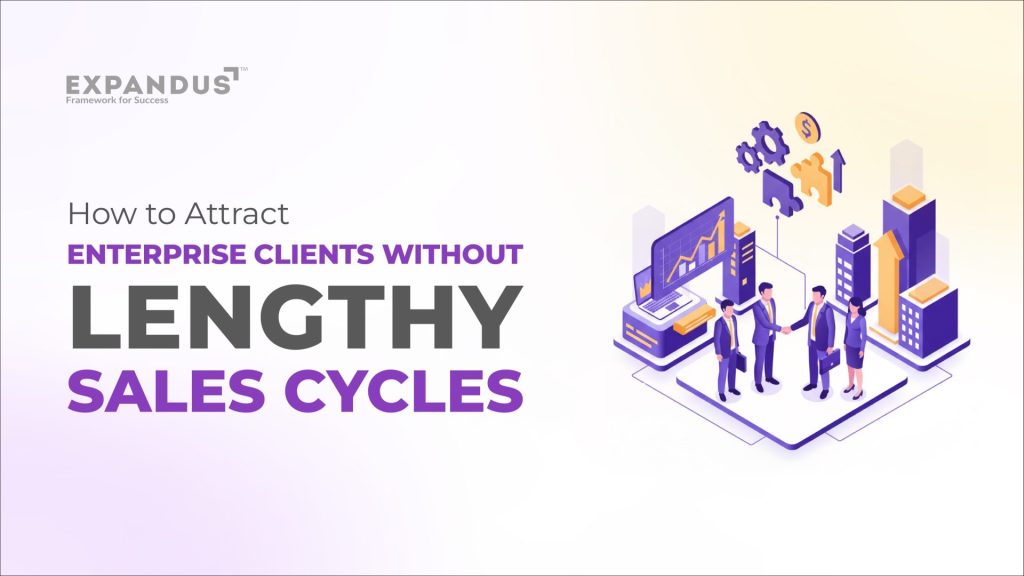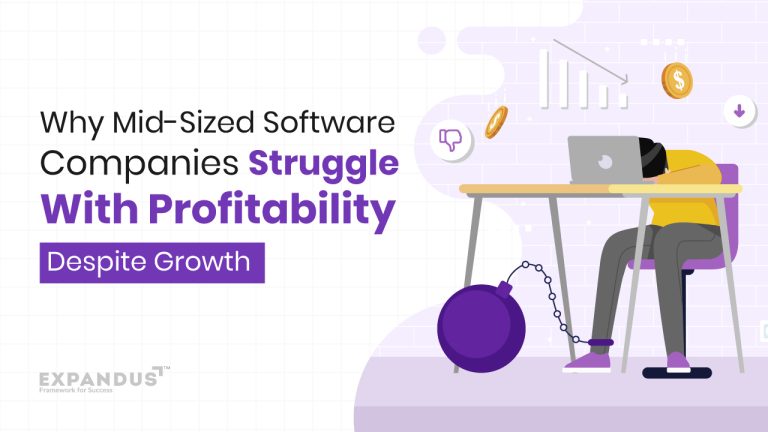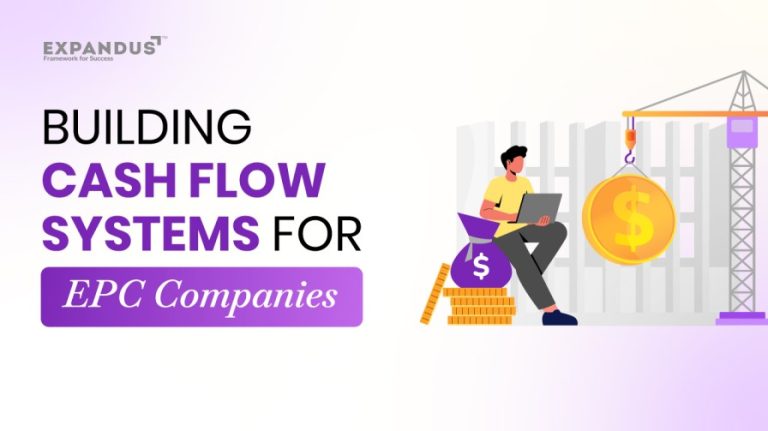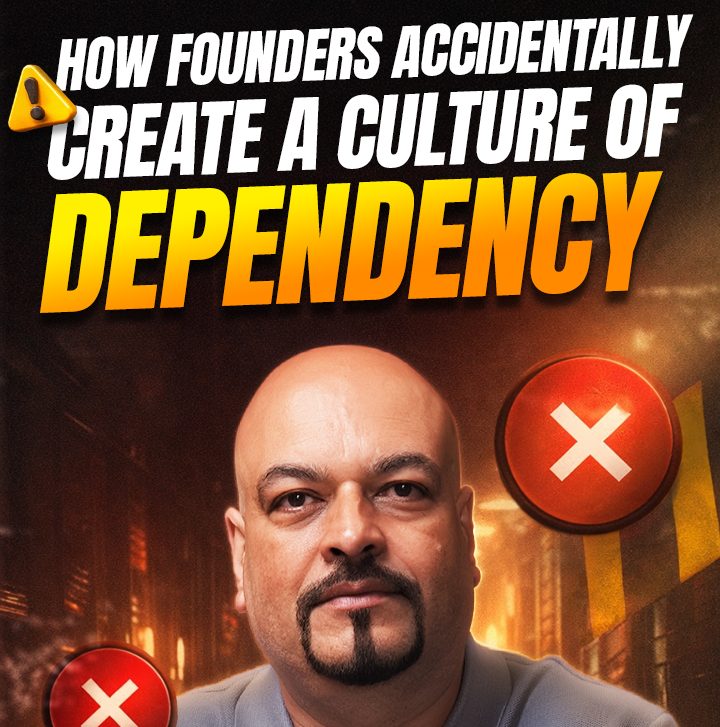How to Attract Enterprise Clients Without Lengthy Sales Cycles.
Enterprise deals often promise high revenue, long-term contracts, and incredible growth opportunities—but oh boy, the process can feel painfully slow. Legal reviews, vendor approvals, committees, pilots, security audits…it’s like every step invites a new delay.
But here’s the good news: you don’t need a massive sales team or endless back-and-forth to win enterprise clients. What you do need is a strategic approach that removes friction, builds trust faster, and helps prospects move forward confidently.
Below, you’ll find practical, actionable strategies—150 to 250 words each—that software CEOs and founders can use to attract enterprise clients without lengthy sales cycles.
1. Position Your Product for Enterprise Value
Enterprise buyers don’t care about features—they care about outcomes. If your message focuses too much on what your platform does instead of the measurable value it provides, you’ll unintentionally slow down the sales conversation.
To attract enterprise clients without lengthy sales cycles, your positioning needs to immediately answer four questions:
- What mission-critical problem do you solve?
- Why does this problem matter right now?
- How do you reduce risk, time, or cost?
- Why should they choose you instead of a bigger, more established competitor?
Enterprise buyers prioritize solutions that clearly align with urgent business goals like modernization, risk reduction, efficiency, or revenue growth. So your messaging should highlight ROI, compliance benefits, security readiness, and scalability—right from the start.
This also means articulating use cases by department: IT, operations, finance, customer service, etc. The more a buyer can see your impact on their specific world, the faster they’ll engage. Positioning must also remove doubts, since uncertainty extends sales cycles. When your message clearly signals enterprise readiness with straightforward, results-driven language, executives can green-light conversations much sooner.
2. Build Trust Before the Sales Call
If your first sales call is the buyer’s first time learning about your credibility, you’re already behind. Enterprise buyers want to feel confident before they ever speak with your team—because the fastest way to accelerate a sale is by reducing perceived risk upfront.
A few powerful trust accelerators include:
Case Studies With Quantified ROI
Show real numbers—time saved, cost reduction, efficiency gains. Enterprises want proof.
Security & Compliance Documentation
Security is often the No.1 bottleneck. Make this easy by sharing security reports, compliance certifications, architectural diagrams, data-handling policies, and SOC/ISO/CSA readiness details.
Thought Leadership Content
Articles, whitepapers, and executive insights about industry trends help establish your company as a true authority.
Video Testimonials
A 90-second customer interview is worth ten pages of marketing claims.
Industry Awards or Analyst Mentions
Even small recognitions go a long way in signaling legitimacy.
By offering these before any call, you shift from vendor to trusted partner. When trust is already built, conversations move faster, stakeholders get aligned sooner, and deals close in weeks—not months.
3. Craft an Enterprise-Ready Website and Messaging System
Your website is your first sales rep. If it confuses, overwhelms, or lacks enterprise-focused information, many potential buyers will hesitate—and hesitation equals longer sales cycles.
To attract enterprise clients without lengthy sales cycles, your website needs:
Clear, benefit-centered messaging
Within three seconds, enterprise buyers should understand:
- what you offer,
- the problem you solve,
- and the value you deliver.
Enterprise pages and technical documentation
Create dedicated pages for:
- use cases
- integrations
- security
- compliance
- scalability
- deployment options
- onboarding workflows
These pages often answer 80% of questions enterprise IT teams ask.
Short demo videos and interactive walkthroughs
These allow prospects to self-educate without booking a meeting.
Industry-specific solutions
Executives want solutions tailored to their vertical—finance, healthcare, retail, etc.
A frictionless website dramatically reduces the time needed for sales teams to explain basics. The more prospects understand on their own, the quicker they move to serious buying conversations.
4. Use No-Risk Entry Points and Product-Led Sales Motions
Enterprises hesitate when the perceived risk is high. So if you want to attract enterprise clients without lengthy sales cycles, give them small, low-risk steps that help them build confidence fast.
Some powerful no-risk entry points include:
- Pilot programs with clear timeframes and success criteria.
- Proof-of-concept (POC) engagements that show ROI quickly.
- Free assessments or workflow audits to showcase expertise.
- Modular pricing for “start small, expand later” flexibility.
Product-led sales—where buyers try before they buy—is becoming increasingly popular among enterprises. If your software is easy to adopt, guided trials or sandbox environments let champions experience value firsthand.
This reduces internal resistance because champions don’t have to “sell on hope.” They can show real results, screenshots, or process improvements to their leadership.
When enterprises see value early, they push deals forward quickly—because the perceived risk drops while the upside becomes undeniable.
5. Leverage Introductions, Partnerships & Industry Influencers
Enterprise buyers trust recommendations far more than cold outreach. That’s why warm introductions, partner channels, and influencers are gold for reducing sales cycles.
Strategic Partnership Sources:
- consulting firms
- tech integrators
- industry associations
- niche agencies
- product marketplaces
- venture networks
A warm introduction from a trusted partner positions you as pre-vetted, which cuts early-stage evaluation time dramatically. Similarly, partnering with well-respected industry influencers or analysts adds credibility your audience already recognizes.
And don’t underestimate customer referrals. A single champion inside one enterprise can introduce you to five more companies in their network. Referral-based enterprise deals close significantly faster because trust is built in from day one.
6. Build a High-Velocity Enterprise Sales Process
Traditional enterprise sales processes are bloated with redundant steps. You can shorten cycles significantly by simplifying and streamlining your internal workflow.
Key components of a high-velocity enterprise sales model:
Rapid Qualification
Use firmographic and behavioral signals to identify buyers who are ready to move now.
Defined Buying Journeys
Map out decision-makers, typical objections, and approval processes. Anticipation reduces delays.
Sales Enablement Assets
Create ready-to-share slide decks, ROI calculators, one-pagers, and security docs so your team never has to wait on marketing.
Fast Proposal Turnaround
Aim for proposals delivered within 24 hours of a qualified demo.
Clear Success Criteria
Agree on measurable outcomes early, so evaluation cycles don’t drag on.
A well-structured, easy-to-navigate sales process signals professionalism and reliability—two qualities enterprises reward with faster decisions.
7. Leverage AI and Automation to Accelerate Conversations
Enterprise buyers expect responsiveness—and delays can slow down momentum or cause deals to go cold.
AI and automation can eliminate bottlenecks at every stage:
AI Qualification
Automated lead scoring identifies high-intent enterprise buyers immediately.
Automated Sequences
Nurture enterprise stakeholders with personalized email flows and educational content.
Proposal Automation
Generate proposals, contracts, and SOWs in minutes, not days.
AI Chatbots for Product Questions
Instant answers reduce the back-and-forth that typically drags out technical conversations.
By reducing manual work, you give your sales team more time to engage with high-value buyers directly. Faster responses = faster decisions.
8. Use Thought Leadership to Build Category Authority
Enterprises don’t just buy software—they buy confidence. And nothing builds confidence like demonstrating industry expertise.
Thought leadership channels that accelerate trust:
- LinkedIn articles
- Industry reports
- Whitepapers
- Conference speaking
- Podcasts
- Webinars
- Guest content in industry media
By educating your market and sharing insights, you position your company as an authority. When buyers perceive you as the expert in your category, the sales cycle shrinks naturally because the trust gap disappears.
Think of it like this: leaders attract buyers; vendors chase them.
9. Create a Buying Experience That Makes Saying “Yes” Easy
Even when buyers love your solution, they can still get stuck in red tape. Smooth, frictionless buying experiences can shorten sales cycles dramatically.
A buyer-friendly enterprise experience includes:
- simple pricing models
- transparent implementation timelines
- pre-built procurement materials
- vendor onboarding kits
- legally reviewed contract templates
- an onboarding roadmap with milestones
When you anticipate and remove obstacles, you make internal approval a breeze. This is where many software companies fail—they focus on the product but ignore the approval process. Mastering both helps you close deals faster and more consistently.
What’s Next?
Attracting enterprise clients without lengthy sales cycles isn’t about cutting corners—it’s about removing friction, accelerating trust, and guiding buyers with clarity and confidence.
When you apply the strategies in this blog, you’ll:
✔ attract larger buyers,
✔ shorten sales timelines,
✔ improve win rates,
✔ and stand out among competitors still stuck in slow, outdated processes.
FAQs
1. Can small software companies really attract enterprise clients?
Absolutely. Enterprises care more about expertise and results than company size. With the right positioning and trust-building, even small teams win large contracts.
2. What’s the #1 reason enterprise sales cycles are so long?
Risk. When enterprises perceive uncertainty—security, ROI, compliance, stability—they slow down decisions. Reduce risk, and you reduce time.
3. Does product-led growth work for enterprise buyers?
Yes. More enterprises prefer hands-on evaluations before making decisions. Guided trials and sandboxes help speed up trust.
4. How important are pre-sales assets in enterprise deals?
Critical. Assets like security documentation, ROI calculators, and demo videos remove friction and dramatically reduce back-and-forth conversations.
5. What lever has the biggest impact on shortening sales cycles?
Clear positioning + strong trust signals. Together, they accelerate every stage of the enterprise journey.










